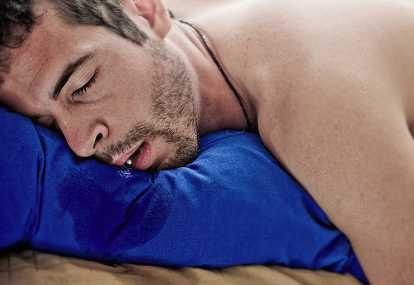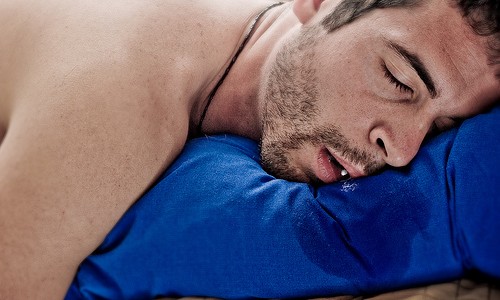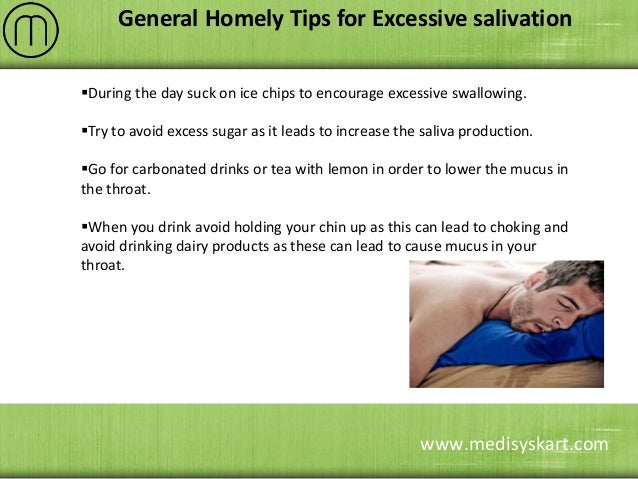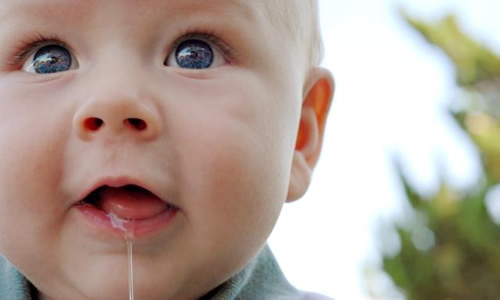Moreover, drooling in case of adult is not always normal. Drooling can be quite common in adult while sleeping. But when awake, drooling in adult can not only be embarrassing but very uncomfortable leading to social and mental burden. The reasons for an adult to drool during sleep can be due to an open mouth, abnormal structure of the mouth like enlarged tonsils, large tongue or overcrowded teeth.


Aug 03, 2018 · Drooling is the unintentional loss of saliva from the mouth. The term drooling commonly refers to anterior drooling and should be distinguished from posterior drooling, in which saliva spills over the tongue through the faucial isthmus.
Excessive saliva in adults: Causes and remedies to treat Posted in Health Disorder , More Diseases by admin on 29 June 2014 Tags: Causes of excessive salivation , Excessive saliva in adults , Excessive salivation , Remedies to control excessive salivation , reveal the cause of excessive salivation , Why occurs excessive salivation
Drooling WebMD Symptom Checker helps you find the most common symptom combinations and medical conditions related to drooling. Click on the combination that matches your symptoms to find the conditions that may cause these problems.
Drooling is defined as saliva flowing outside of your mouth unintentionally. It’s often a result of weak or underdeveloped muscles around your mouth or having too much saliva.

Excessive saliva in adults: Causes and remedies to treat Posted in Health Disorder , More Diseases by admin on 29 June 2014 Tags: Causes of excessive salivation , Excessive saliva in adults , Excessive salivation , Remedies to control excessive salivation , reveal the cause of excessive salivation , Why occurs excessive salivation

Drooling is common in infants because of immature muscular control. Medically, drooling is referred to as ptyalism, and an excess of saliva is known as sialorrhea. Conditions that lead to overproduction of saliva may sometimes lead to drooling.
Aug 03, 2018 · Drooling is the unintentional loss of saliva from the mouth. The term drooling commonly refers to anterior drooling and should be distinguished from posterior drooling, in which saliva spills over the tongue through the faucial isthmus.
How can the answer be improved?






Drooling is common in several disorders related to the ears, nose, and throat, as well as certain neurological disorders. For infants and toddlers, drooling is a sign of teething and is nothing to be concerned about, but it’s important to be aware of the various conditions that are associated with drooling.